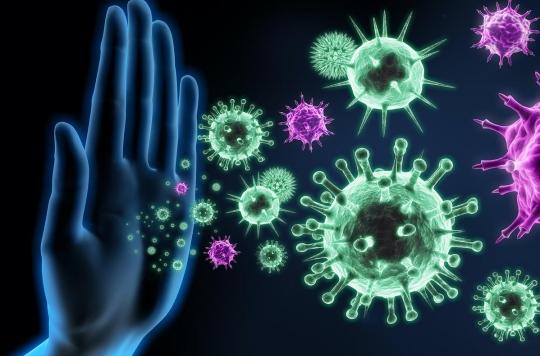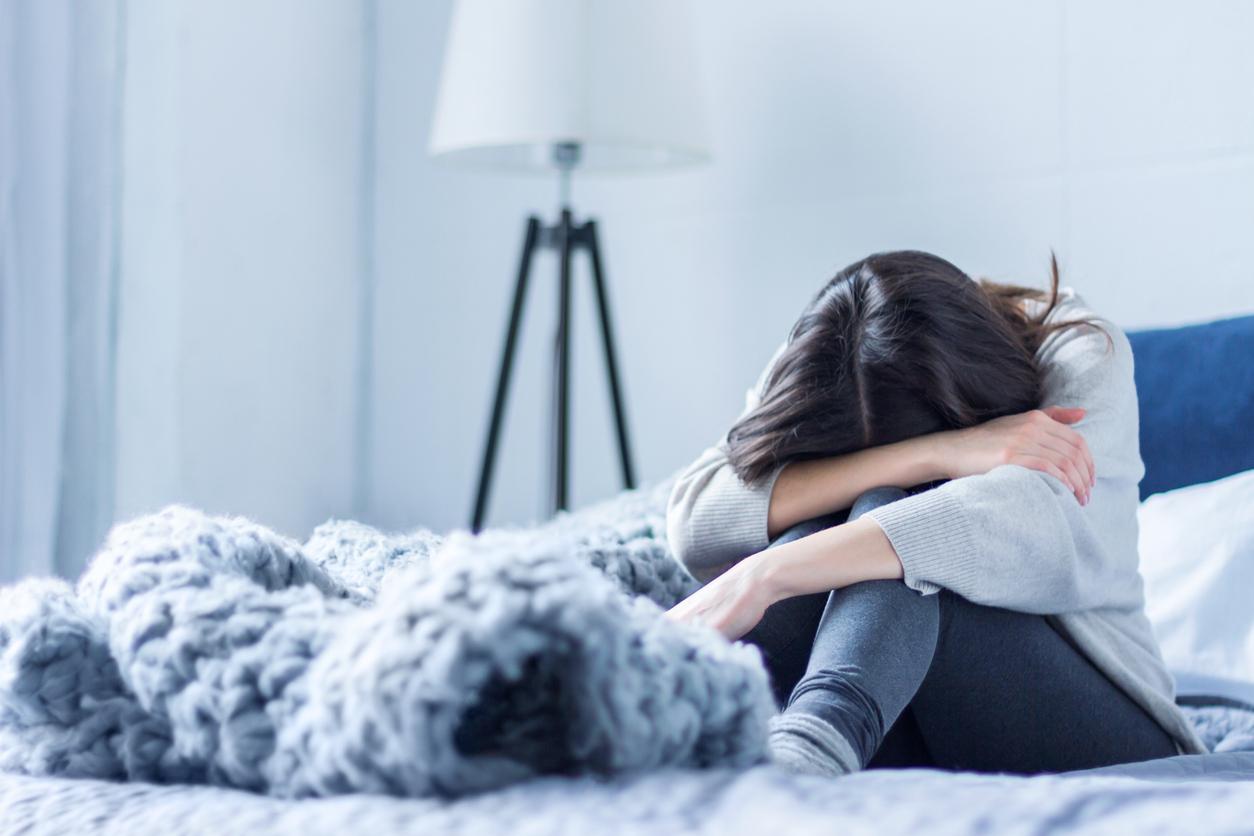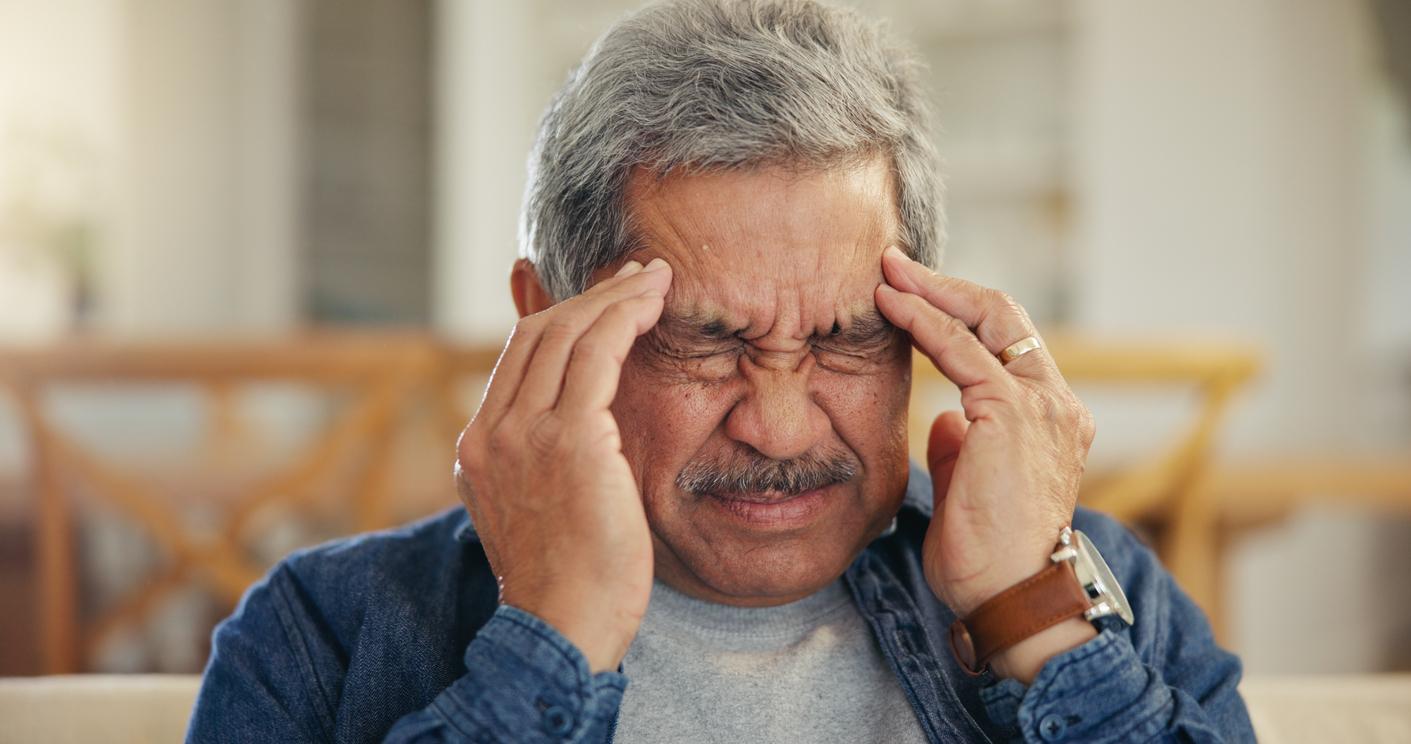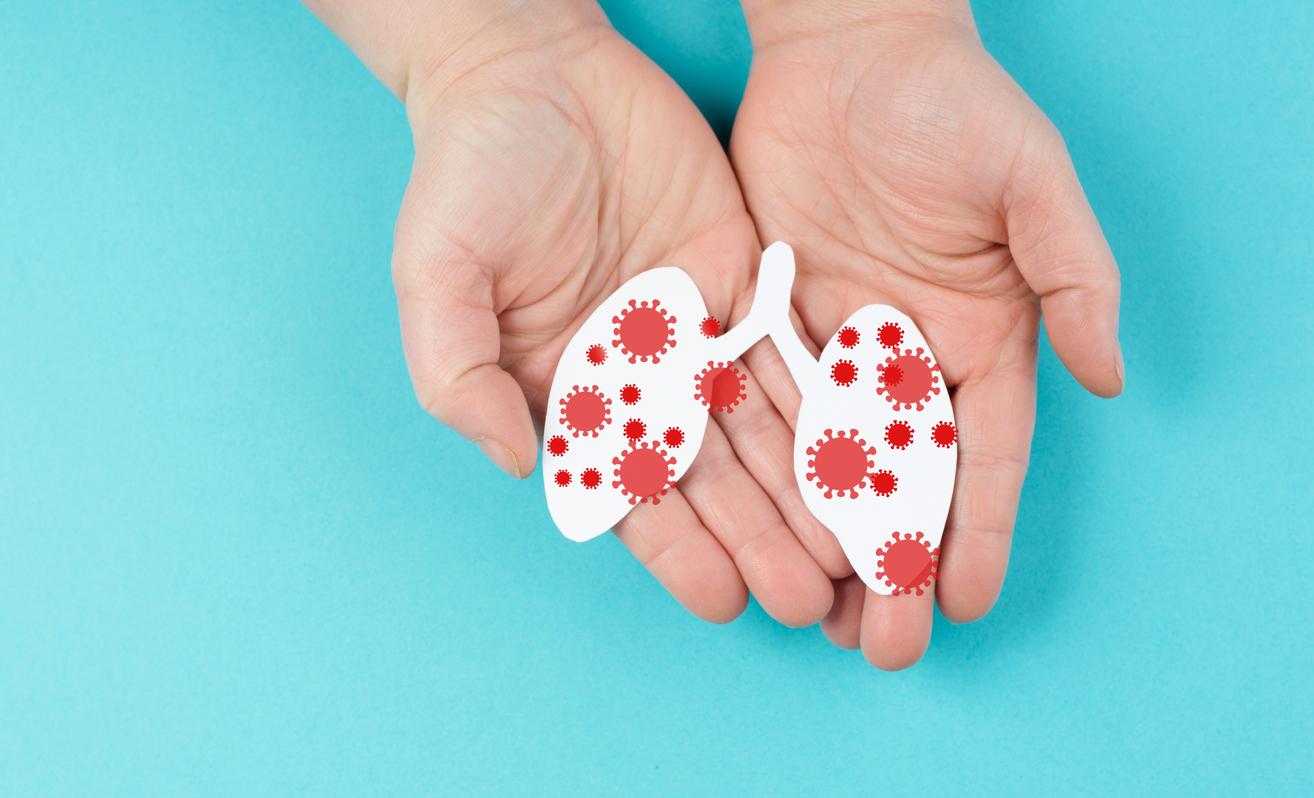A study conducted by the Institut Pasteur and the University Hospital of Strasbourg confirms that one month after recovery, patients still have antibodies that prevent reinfection.

- Over time, the neutralist function of antibodies increases.
- The total duration of immunity against reinfection remains to be determined.
- A study is underway to estimate immunity in people who have developed a severe form of Covid-19 infection.
This was one of the main questions around the coronavirus: once cured, am I immune to a new infection? A study conducted by the Institut Pasteur, in partnership with the University Hospital of Strasbourg, provides part of the answer. A month after their recovery, 160 people who had a coronavirus infection are still well immunized against a new infection.
Neutralizing activity increases over time
The study was carried out with 160 caregivers from two hospitals in Strasbourg (Bas-Rhin) affected by the coronavirus. Each of them developed a mild form of Covid-19 that did not require hospitalization. They were followed for a month and the presence of antibodies in their body is indisputable. “Antibodies were found in almost all of them: 159, out of 160accurate to France Inter Professor Arnaud Fontanet, from the Institut Pasteur who conducted the study. More interestingly, we were looking for neutralizing antibodies which are known to be protective against, for example, reinfection. And there, from a month, we find it in 98% of people who had been infected with SARS-CoV-2”, he adds.
The presence of these antibodies confirmed, another observation reinforced the researchers: the constant increase over time of the activity of these antibodies. “On the one hand, the level of antibodies increases over time and these antibodies also have a so-called neutralizing activity in cell culture tests.says Professor Olivier Schwartz, director of the virus and immunity unit at the Institut Pasteur, to France info. This means that these antibodies are capable of inhibiting, of blocking the multiplication of the virus. Here again, a trend towards an increase over time of this neutralizing activity was observed..”
Determine immunity of asymptomatic
The total duration of immunity against reinfection remains to be determined. “Having protective antibodies a month after the onset of signs suggests that, most likely, they are protected against reinfection if exposed to the coronavirus again”, insists Professor Arnaud Fontanet. For patients who have developed a mild form of the virus, researchers estimate this immune protection “from a few weeks to a few months”. By way of comparison, Professor Olivier Schwartz recalls “that with the infection of the other Sars Coronavirus, which had been isolated in Asia and which had a small epidemic in 2003, in Hong Kong in particular, the antibodies can persist for up to 2 years.”
For patients who developed more severe infections, a study is underway to determine the duration of immunity. “Many other studies in the literature show that in these people, there are more antibodies that appear and earlier.notes Professor Olivier Schwartz. For those who have developed asymptomatic forms, we are in a different scenario. It is estimated that there are between 20 and 40% of individuals who have encountered the virus, who will not even realize that they have been infected and therefore it is very important now to characterize in these so-called asymptomatic people the quantity of antibodies, and if they have their neutralizing function”, he concludes.
.

















